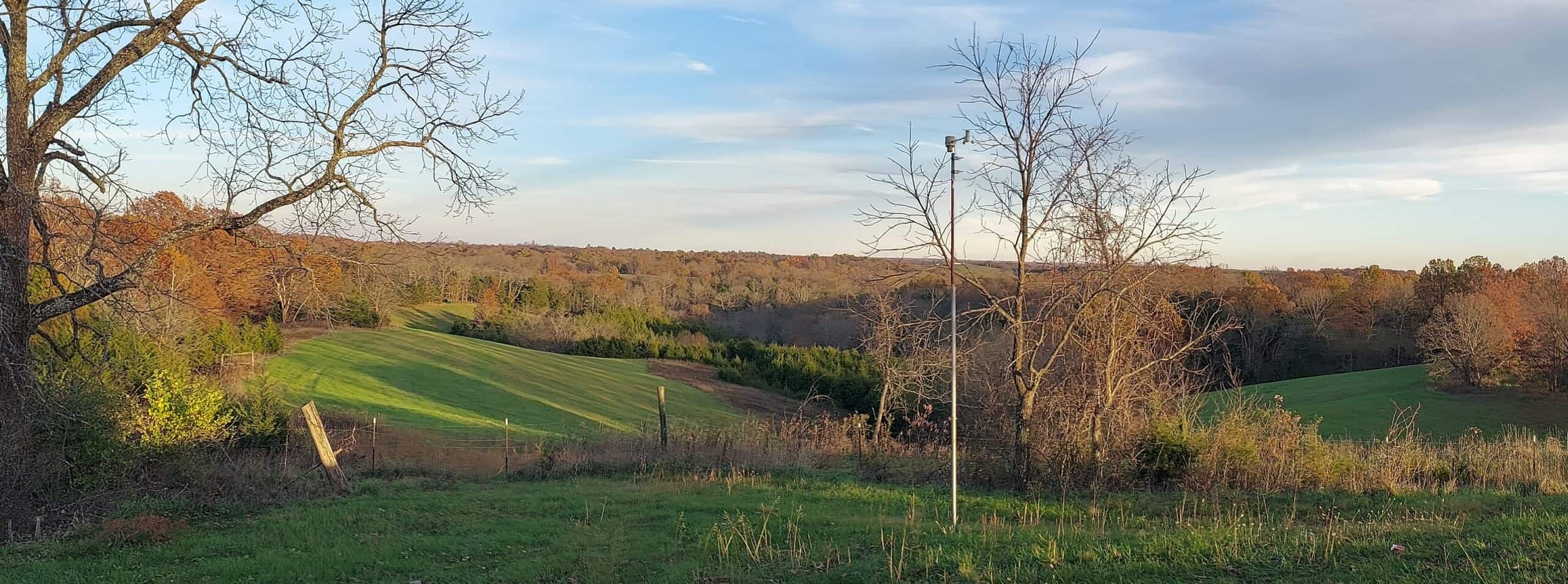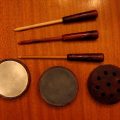What Turkey Calls Should I Buy?
I’ve been at it now for over 40 seasons. I write for the outdoors, I’ve been a pro-staffer, and I’ve made a bunch of calls.
Let me let you in on a basic truth: turkey calls are there to mostly attract hunters and not turkeys.
I’m not going to say that a top-notch turkey hunter can’t make magic out of a high-end call, but most turkey hunters aren’t in that top notch. Furthermore, you take away his $200 call and give him a $20 call and he’ll still make magic. It ain’t the call.
Let me clue you into another basic truth: The most important part of turkey hunting is what’s going on between your ears.
When I am working with a beginner, the biggest part of making a winning sound is the rhythm and the reasoning of why the hunter is making the call. The sound the call makes after a certain point is somewhat secondary. If the hunter can make the right call at the right time, he may quickly get in a shooting opportunity. If he is not able to produce the right rhythm or makes the wrong call at the wrong time, he is going to mostly get goose eggs.
That good rhythm can be accomplished with a box, a pot, a push-button, or a mouth call. However, it is driven by what’s in the hunter’s head.
I have seen some freaky, other-worldly sounding turkeys that did not sound like a turkey. I’ve seen hens that yelped like someone had kicked them in the throat. I’ve seen hens and gobblers that sounded like dogs. If I had not seen them with my own eyes, I would have not believed they were turkeys. However, they all had the rhythms. Those are hard-coded in their brains. They’re born with it. You’ve got to learn it.
The best way to get that rhythm is to get out with the birds and listen to them and get the sound in your head, and then work with a call to repeat it. Those calls need to become part of you. I produce podcasts every year for guys to listen to wild turkeys. It is an outgrowth of my yearly pre-season wanderings, going out to listen to the birds. I started making the recordings so I would have something to take home and listen to in the car.
My advice to a fellow just getting started is to buy a box, buy a slate, buy a push-pin and work with a few mouth calls. However, most importantly get out in the woods and listen. Those calls can all do a variety of turkey sounds, and they will all produce birds in trained hands, but it is what is in your head that drives that training.
Let me leave you with one other basic truth: learning to shut up and just sit there is one of the hardest lessons to learn. Most days I can go out to a spot within earshot of roosting gobblers and I can lay down a few calls and then shut up. Hours later one of those birds will remember what he heard and come around. I give him a few more calls and then shut back up. A half-hour later, I have him in my lap. Most hunters, even the more experienced ones, are already back to the truck and drinking coffee by the time I close the deal.
This post has already been read 4062 times!
Views: 5







Comments
What Turkey Calls Should I Buy? — No Comments
HTML tags allowed in your comment: <a href="" title=""> <abbr title=""> <acronym title=""> <b> <blockquote cite=""> <cite> <code> <del datetime=""> <em> <i> <q cite=""> <s> <strike> <strong>